
Taste The Toxin? Shocking Lawsuit Targets Skittles Over Alleged Toxic Ingredient
In a surprising twist that has rocked both the food industry and consumer circles, a recent lawsuit has accused the makers of Skittles — the iconic rainbow-colored candy — of using an ingredient that may be toxic to humans. The lawsuit, filed in California, claims that the candy contains titanium dioxide, a chemical that, while approved in small amounts by the U.S. Food and Drug Administration (FDA), has raised concerns among health experts and international regulators.
Skittles, known for their bold colors and sweet, fruity flavors, have been a favorite treat for generations. Their slogan, “Taste the Rainbow,” has become a symbol of playful indulgence. However, the lawsuit — which names Mars, Inc., the parent company of Skittles — suggests there may be more lurking beneath the rainbow than consumers realize.
At the heart of the issue is titanium dioxide (TiO₂), a compound widely used in food products, cosmetics, and paints for its whitening and color-enhancing properties. In Skittles, it is used to create the bright, vibrant coating that makes the candies so visually appealing. The plaintiff in the case argues that titanium dioxide is “unfit for human consumption,” citing studies that suggest it may damage DNA, cause inflammation, and contribute to other long-term health issues.
What makes the lawsuit even more shocking is the international context. The European Union has already banned titanium dioxide as a food additive, citing concerns over its potential carcinogenic effects. France led the move in 2020, and other EU countries soon followed suit. Despite this, the FDA continues to allow its use in the U.S., though it limits the concentration in food products to no more than 1%.
The plaintiff claims that Mars, Inc. had publicly announced in 2016 that it would phase out the use of titanium dioxide in its products. Yet, as of 2022, independent lab testing revealed its presence in Skittles sold in American stores. This apparent contradiction raises serious questions about transparency, corporate responsibility, and the safety of everyday foods consumed by millions.
Mars, Inc. has responded by defending the safety of its products, emphasizing that they comply with all U.S. regulations. However, the lawsuit has ignited a firestorm of debate among consumers, nutritionists, and lawmakers. Should food manufacturers be held to a higher standard when it comes to controversial ingredients? And why do safety standards vary so drastically between countries?
Public reaction has been swift. Social media erupted with outrage and disbelief, with many consumers pledging to stop buying Skittles and other Mars products. Advocacy groups have renewed their calls for stricter food labeling laws and more rigorous testing of food additives. Meanwhile, parents are expressing concern about giving such candies to their children, and some stores have even begun removing Skittles from their shelves.
This lawsuit represents more than just one man versus a candy giant — it signals a growing movement among consumers demanding greater transparency and accountability in the food industry. People want to know exactly what they are putting into their bodies and whether it aligns with their health values.
In conclusion, the lawsuit targeting Skittles over its alleged use of a toxic ingredient has shined a light on the murky world of food additives. It underscores the need for better regulation, clearer labeling, and corporate honesty. Whether or not Mars, Inc. is found legally liable, the case has already sparked a crucial conversation: Should we really have to worry about toxins in something as simple and joyful as candy? The answer, it seems, is not as sweet as we’d like it to be.
News in the same category


Antarctica Ice Sheet Grows for First Time in 30 Years, Surprising Scientists

‘Japanese Baba Vanga’ Predicts Mega-Tsunami in July 2025 — Warns of a ‘Boiling Sea’ South of Japan

300,000 Americans On Edge As Massive 11,000ft Volcano Shows Signs Of Imminent Eruption

Wildlife Photographer Captures Alligator With No Bite – Internet Baffled How It’s Still Alive

Scientists Stunned By 3.5 Billion-Year-Old Crater Holding Earth’s Earliest Secrets

Massive 100-Mile-Long Lake Mysteriously Reappears 130 Years After Vanishing

Persistence Hunting: How the San People of the Kalahari Master the Art of Endurance

Halley’s Comet Is Back, But This Time, It’s Raining Fire

Greece Rocked By Massive Earthquake As Tsunami Warning Sparks Panic

Sun Unleashes Monster Flare As Scientists Say Earth Could Be Hit By Massive Solar Storm Tomorrow

Modern House Fires Burn Faster: Why You May Have Only 3 Minutes to Escape

Could the Sahara Desert Power the Entire World with Solar Energy?
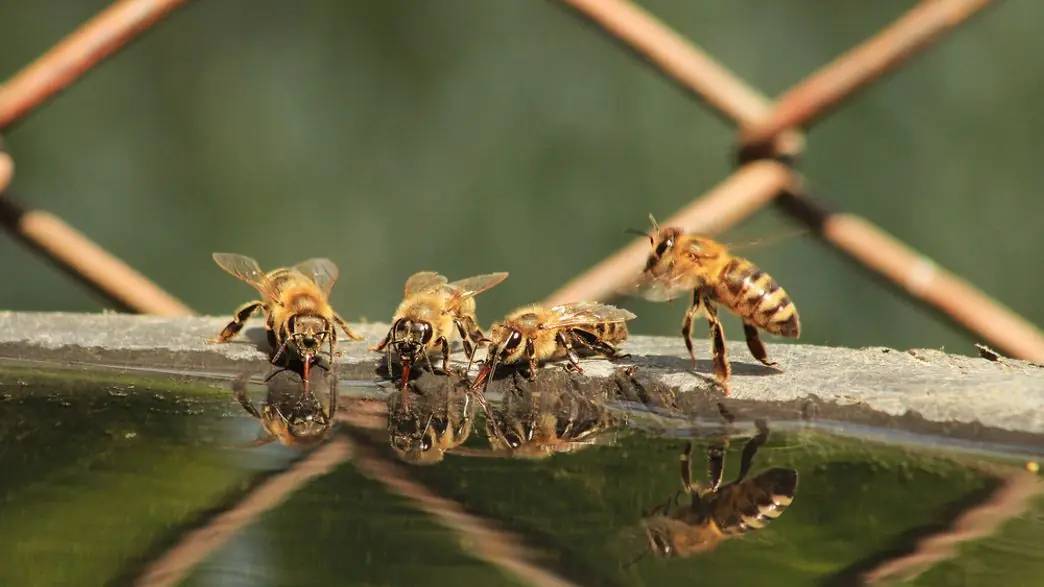
Drunk Bees? How Fermented Nectar Affects Honeybees in Australia

How Small Earth Is in the Universe—And Why That Should Inspire Us

$20 Trillion Tunnel Could Zip You From U.S. To U.K. In Just 54 Minutes

Scientists Baffled By Earth’s Mysterious 26-Second ‘Heartbeat’—Still No Clear Explanation
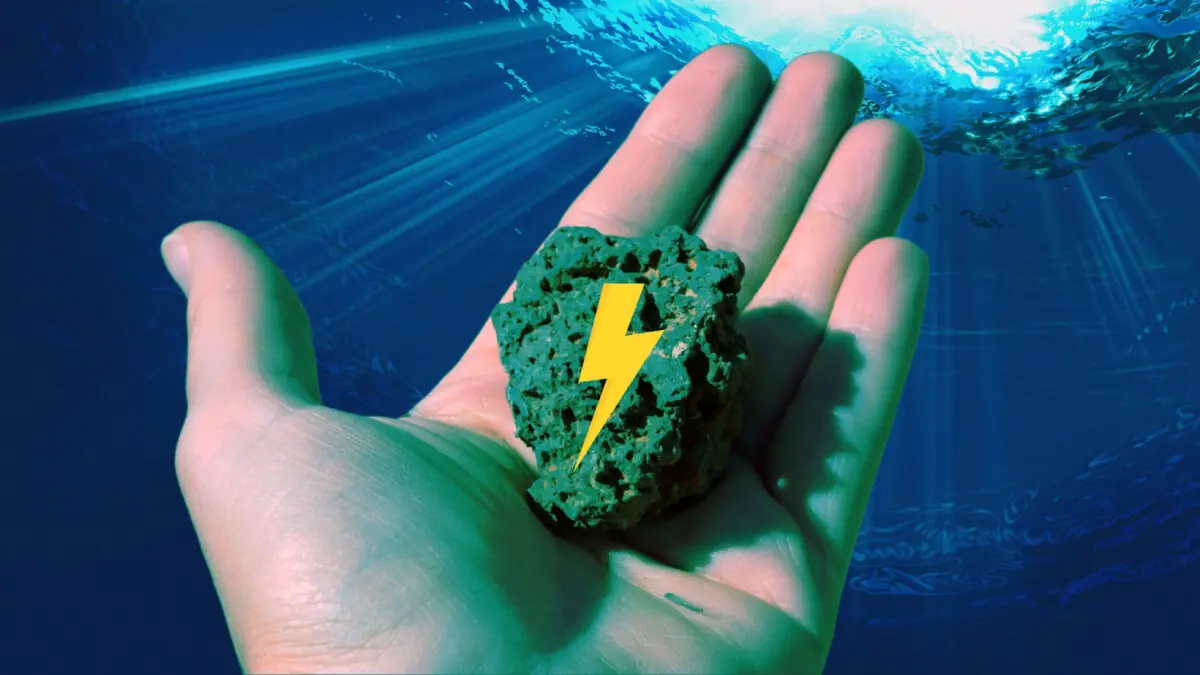
Deep-Sea Discovery: How “Battery Rocks” Are Producing Oxygen 4,000 Meters Below the Pacific

Understanding Evolution: Evidence That Species Evolve Over Time
News Post
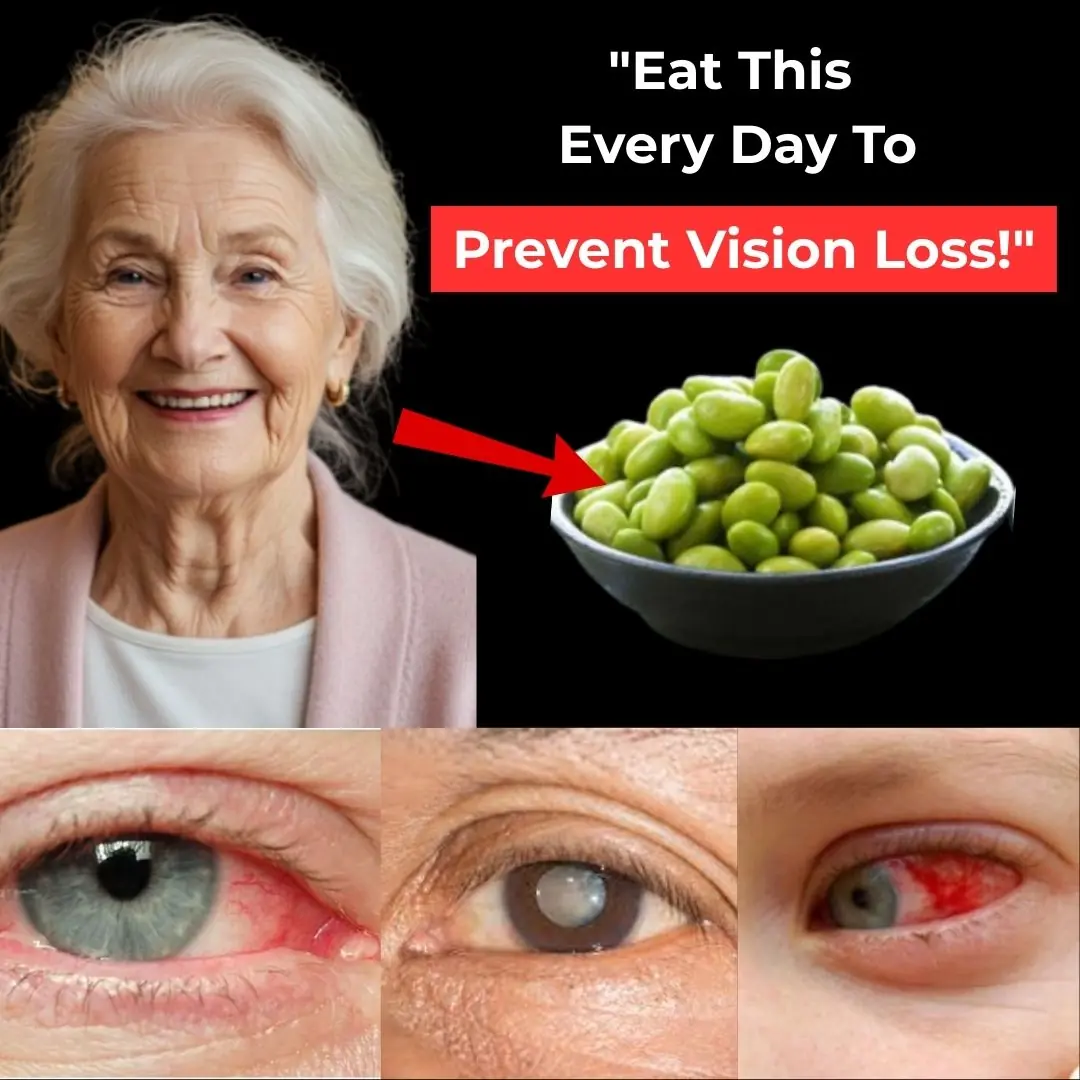
👁️ TOP 5 Foods You NEED for Better Vision & Eye Health (SHOCKED DOCTORS!)
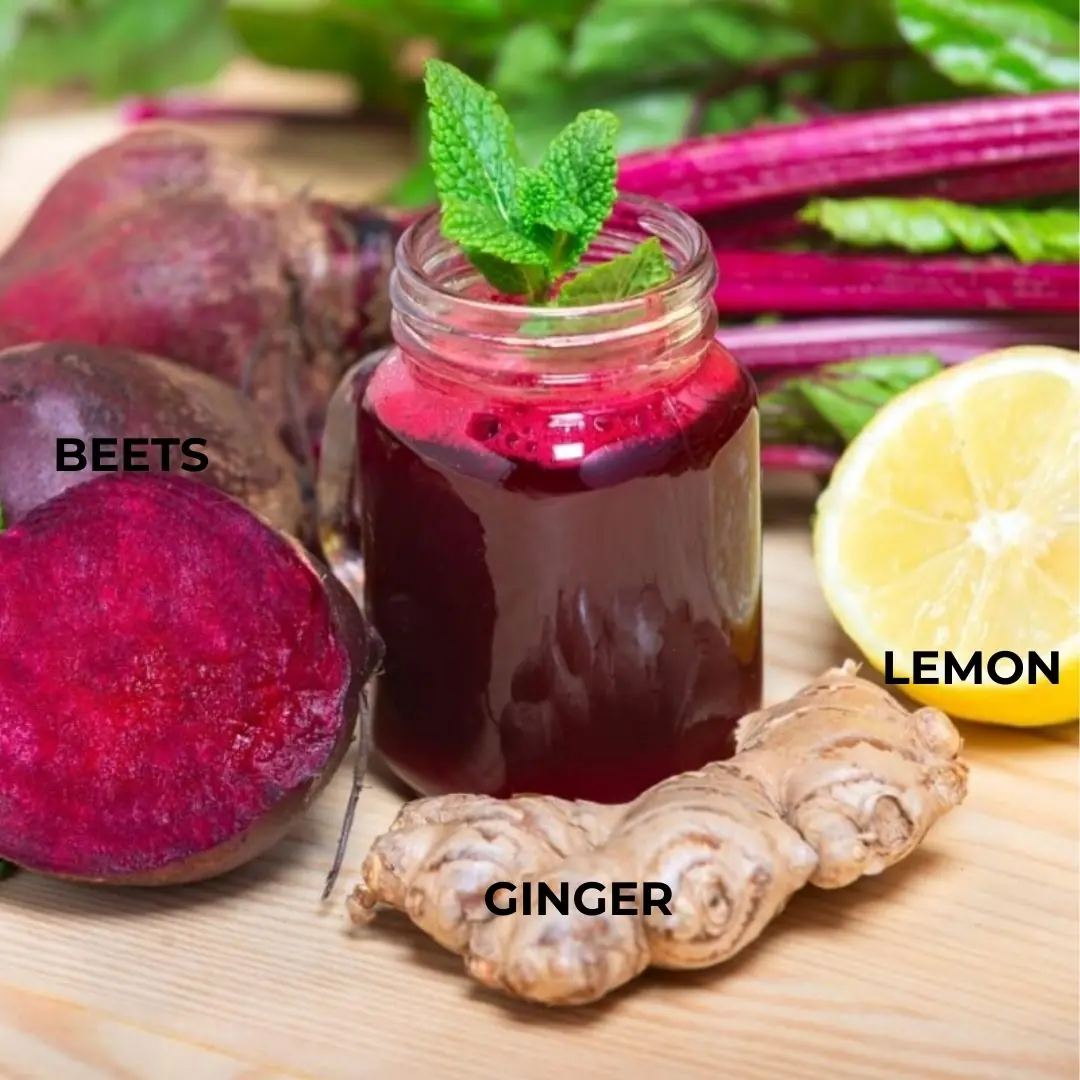
🥕 The Ultimate Morning Power Boost: Carrot, Ginger, Beetroot and Grape Smoothie

'Healthy and active' woman, 30, diagnosed with cancer after doctor ignored subtle symptom
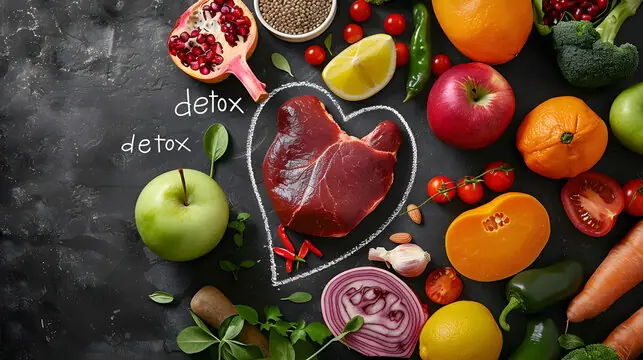
8 Powerful Foods to Naturally Cleanse and Detox Your Liver

11 Heartbreaking Signs Your Dog May Be Nearing the End

Breakthrough Male Contraceptive Injection Offers Alternative to Condoms and Vasectomy

Scientists: 3 Days of Silence Is Enough to Rewire Your Brain

After My Divorce, I Was Bullied by My Ex-husband's Family – They Were Taught a Harsh Lesson by a Person I Didn't Expect

My Wife Kicked Our Foreign Exchange Student Out Because of Her Swedish Tradition – Karma Hit Hard the Next Day
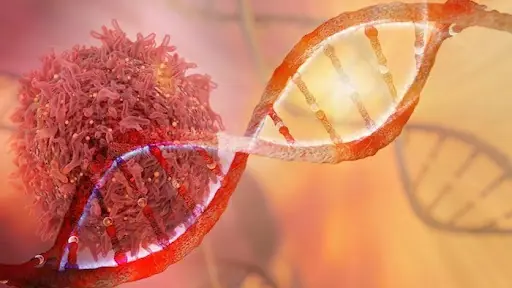
5 of the Best Anti-Cancer Foods — It’s Time to Start Adding Them to Your Diet

My Boss Asked Me to Babysit His Daughter, but What I Found in the Basement Left Me Stunned

21-Year-Old Woman Diagnosed with Cancer Given Days to Live After Ignoring Early Warning Signs

Scientists Reach Bottom Of The Red Sea — What They Found Left Them ‘Shaken’

I Raised My Sister’s Son Like My Own for 15 Years — Then He Chose Her Over Me Because She Bought Him a Car

My Fiancé's Arrogant Family Pretended Not to Know Me & My Parents Until the Mayor Showed Up

HERMOSA Study Finds Just 3 Days Without Toxic Cosmetics Can Lower Hormone Disruptors

Woman Ignored ChatGPT’s Health Warning—Then Came a Cancer Diagnosis

Antarctica Ice Sheet Grows for First Time in 30 Years, Surprising Scientists
